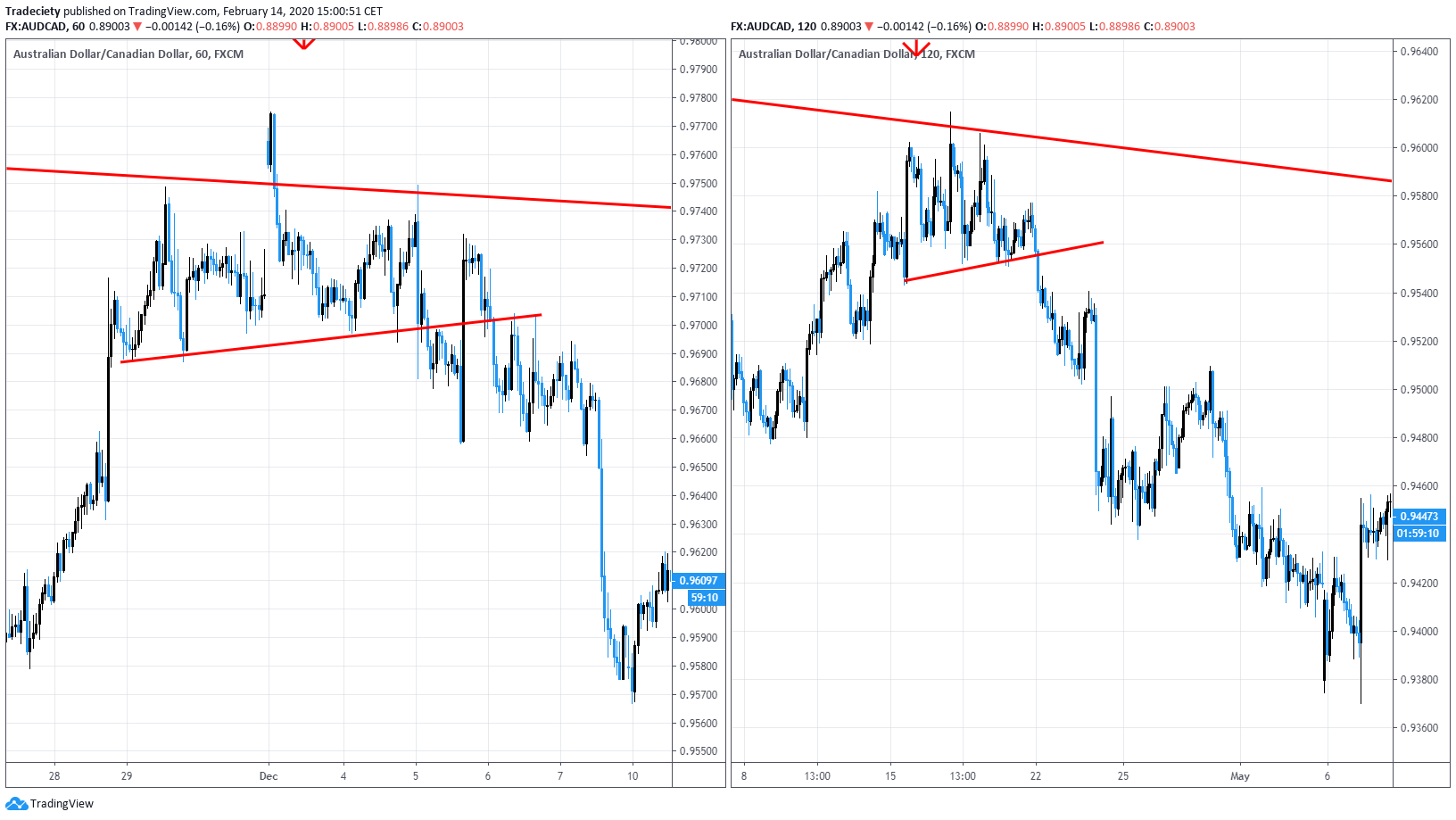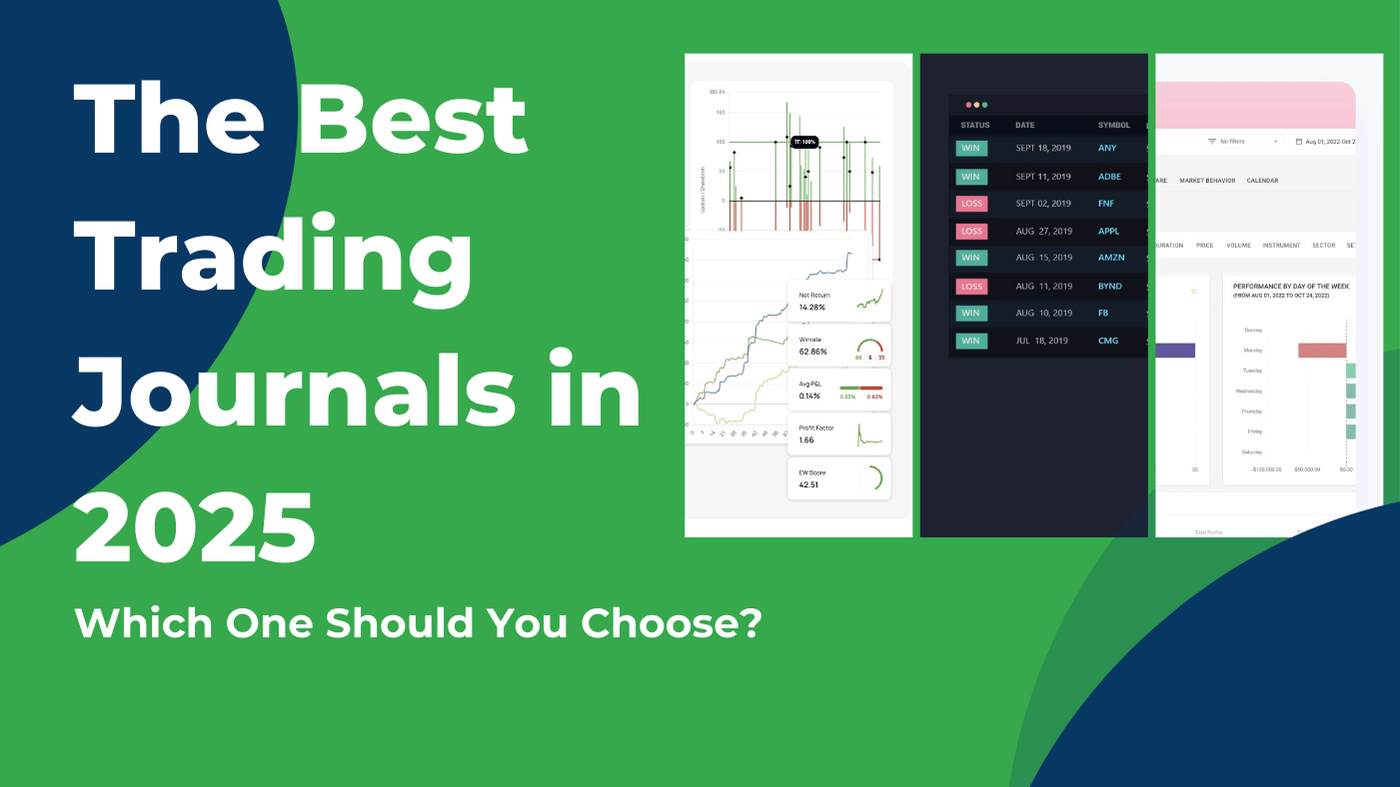3 min read
Scientist Discovered Why Most Traders Lose Money – 24 Surprising Statistics
“95% of all traders fail” is the most commonly used trading related statistic around the internet. But no research paper exists that proves this...
4 min read
Rolf
Dec 1, 2016 7:00:00 PM

Preserving emotional capital is often more important than protecting your financial capital. A trader who loses his emotional capital is more likely to blow up his account, or quit trading completely, because he cannot manage his emotions properly anymore and enters tilt-mode.
Every time a trader loses a trade or makes a mistake, it chips away from his emotional capital. It usually starts slow but it can escalate quickly and after a long losing streak or after months of not seeing any real improvements, a trader is more likely to completely lose his sh*t.
Who doesn’t know those moments when one losing trade, leads to another revenge trade, leads to another revenge trade, leads to a bigger loss and then suddenly you are in a huge drawdown and you have no idea how this could have happened?
But even on a week to week basis it’s important to monitor your emotional state and your emotional capital. Even a small string of losses or bad trades can easily lead to emotional trading, impulsive mistakes or undisciplined trading.
It is crucial to manage your emotional state and take care of your emotional capital. Below, you find my top 10 list with the best tips and tricks that will help you stay on top of your mental game.
Once you are in a trade, close your broker platform and then switch to your charting platform. I, for example, use tradingview.com for all my charting and once I have identified a valid trade, I open my broker platform, type in my order and then close it again and switch back to Tradingview.
It sounds simple but it has many benefits: you can’t immediately interfere with your order and you don’t see it right in front of you. It adds one layer of friction and makes making mistakes much harder. It’s a game changer and I urge you to try it.
Most traders make the mistake and move to a lower timeframe because they want to “fine tune their trade” or “become aware of changes in price faster” – at least that’s what they tell themselves. NEVER EVER go to a lower timeframe once in a trade. If anything, move to the next higher timeframe. You will see that once you are on the higher timeframe, volatility and price movements don’t look as scary and dramatic anymore.
This is hard to understand for many people but we have seen (through our own trading and through our work with Edgework) that traders tend to mismanage their trades. By only looking at the candle close, you will avoid many situations where you would have incorrectly responded to kneejerk price movements.
Most traders will argue against this but they have NO WAY of validating their claims. If you haven’t tested it, you should not make premature assumptions. Making only candle close decisions can help you manage emotional capital in a big way because you are not sweating every tick.
Obviously, you should only enter a position when you are comfortable with losing it. The quickest way to drain your emotional capital is it use too much leverage, enter positions that are too large and can cost you a big chunk of your trading account. Under such conditions, it’s impossible to make good trading decisions and you will burn through your emotional capital fast.
Usually, a good recommendation is to risk between 1% and 2% per trade. It takes a long time to bust an account by using such a conservative risk management approach.
In my early days, I used to be guilty of this and I would always set my stop wider when price came close towards it because I didn’t want to take the loss. Of course, this led to some huge losses and it kept me from making improvements. At the same time, it was frustrating as hell because I knew that this was wrong and the frustration led to more bad decisions. Changing this was the biggest game changer in my trading and I did it by utilizing tip #1 and #3 from this list.
Take the loss and move on. Over your trading career, you will take thousands of trades but you cannot allow one trade to have a disproportionately impact on your account.
This is another one of my favorite tips. After a loss or after making some mistakes, separate yourself from your trading platform and engage in a different activity. Physical activity is the easiest way to get your mind off trading. Other traders might read a book (especially fiction is good here), meditate for a while or just do go for a walk and listen to music.
A loss is not the end of the world but when it happens, it seems like such a big deal. It’s important to get perspective and understand that the next trade will come. Making sure you are in the right mindset and blow off some steam is important for the longevity of your emotional capital.
Recommended reading for improving performance: The art of learning
This is another no-brainer but many people violate this principle and I have seen people lose a big portion of their retirement funds or their kids’ college money. This will undoubtedly destroy your emotional capital super-fast and it will be hard, sometimes impossible, to recover from such a loss.
It does hurt to lose your hard-earned money but if it’s money you can’t afford to lose, you should not be trading with it. Don’t believe that you will just make it back because it’s not going to happen. Step back and take an honest look at yourself.
Market selection is an important skill any trader should have and you must know under which market conditions your system performs best and when you should sit out. It’s frustrating to get whipped out of trades during high volatility periods or stay in a trade for days and nothing happens during low momentum phases.
Thus, be clear when your system works best and avoid the rest. This will also help you to trade less which is an important concept as well.
Journaling your trades and then reviewing your data provides an honest look at what you are doing. You can’t hide your flaws and weaknesses form your journal. Understanding when you are screwing up, what your mistakes are and how much they cost you is important to know. It will also keep you from repeating the same mistakes repeatedly.
A trading journal helps create self-awareness and by fully understanding your trading behavior you can manage your emotional capital in a much better way.
Getting out of a drawdown is emotionally challenging and most traders try to force it by increasing their position size. During a drawdown, traders are usually more emotional and their trading decisions suffer. Combining this with increased risk always ends in a disaster. During a drawdown, your #1 priority should be to regain confidence in your skills and preserve as much emotional capital as possible.
I hope you can take away at least 2-3 tips from my list. Don’t try to change it all at once but just make a few changes, observe the impacts they have on your trading and then keep going. You will see that taking care of your emotional capital will have much bigger impacts than just looking for a new indicator or entry system.

3 min read
“95% of all traders fail” is the most commonly used trading related statistic around the internet. But no research paper exists that proves this...

3 min read
Trendlines can be great trading tools if used correctly and in this post, I am going to share three powerful trendline strategies with you.

3 min read
Choosing the right trading journal is essential for traders wanting to analyze performance, refine strategies, and improve consistency. In this...